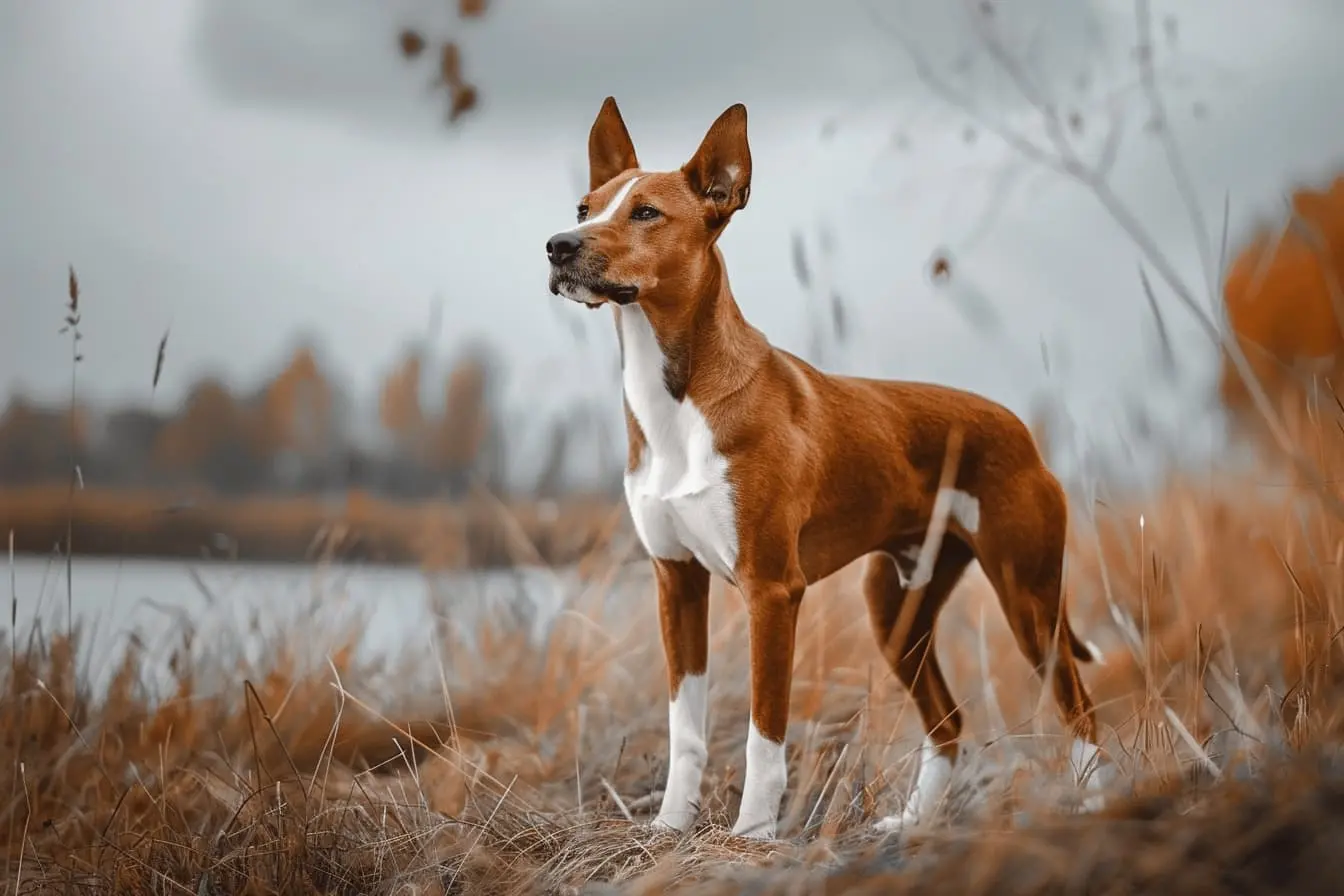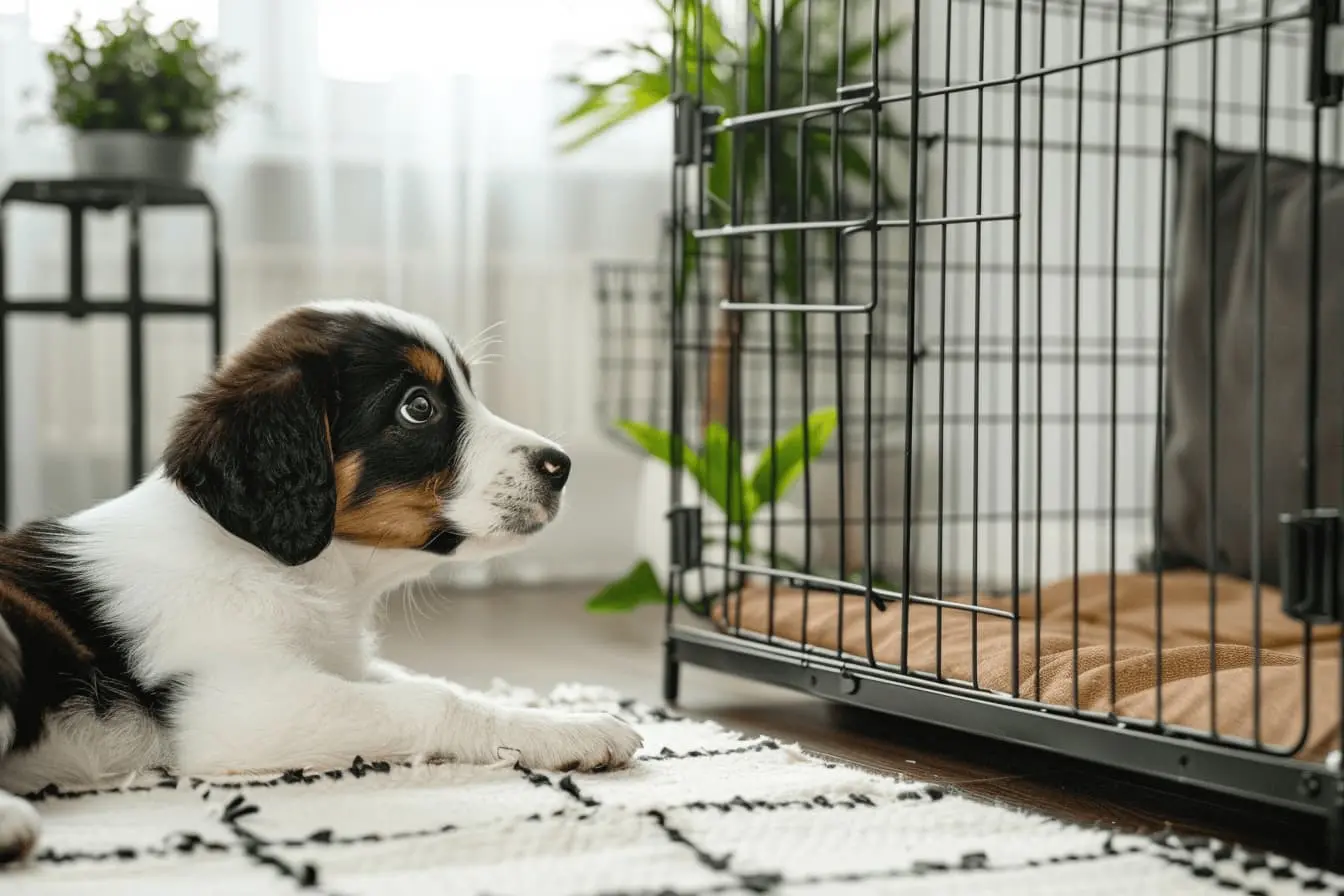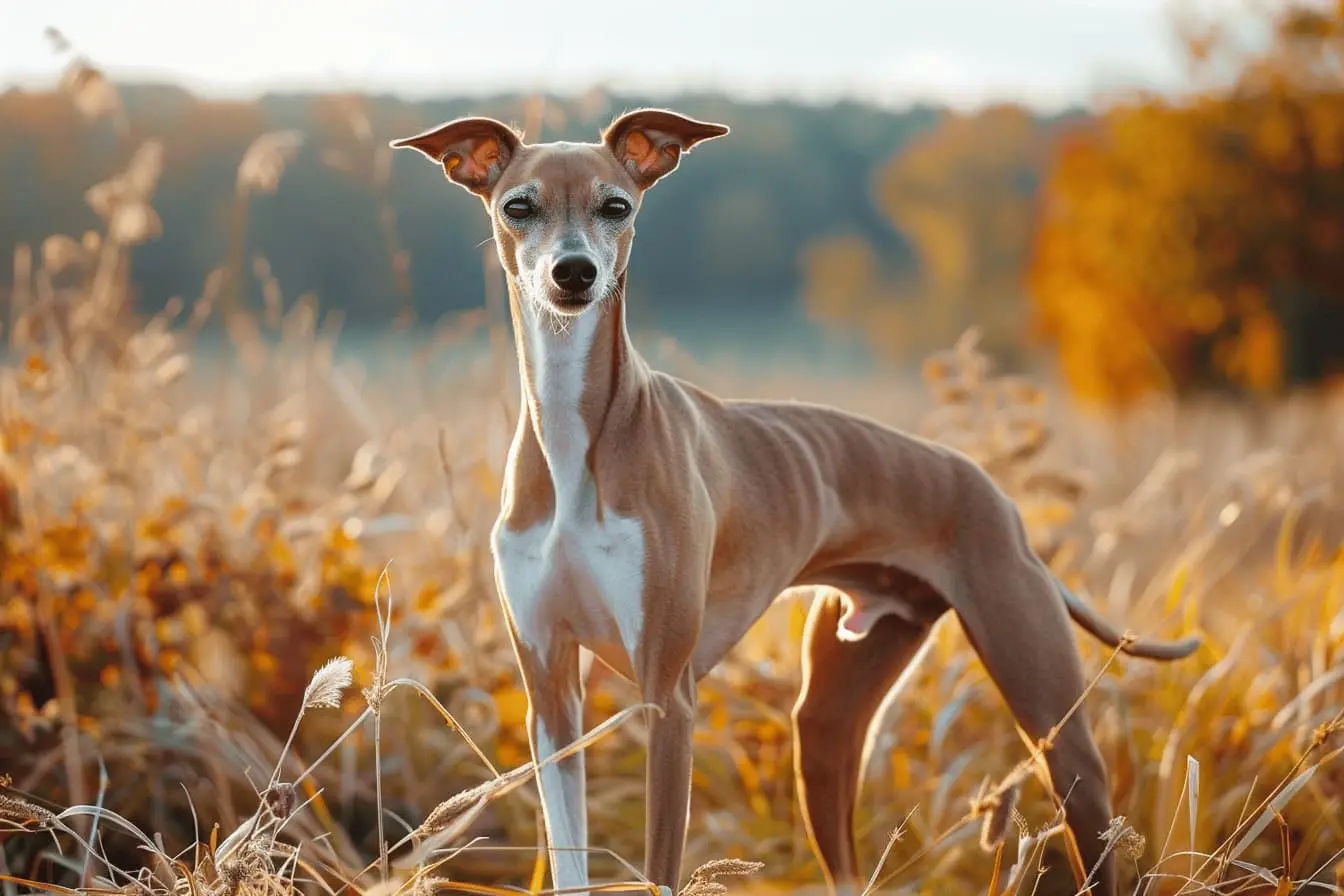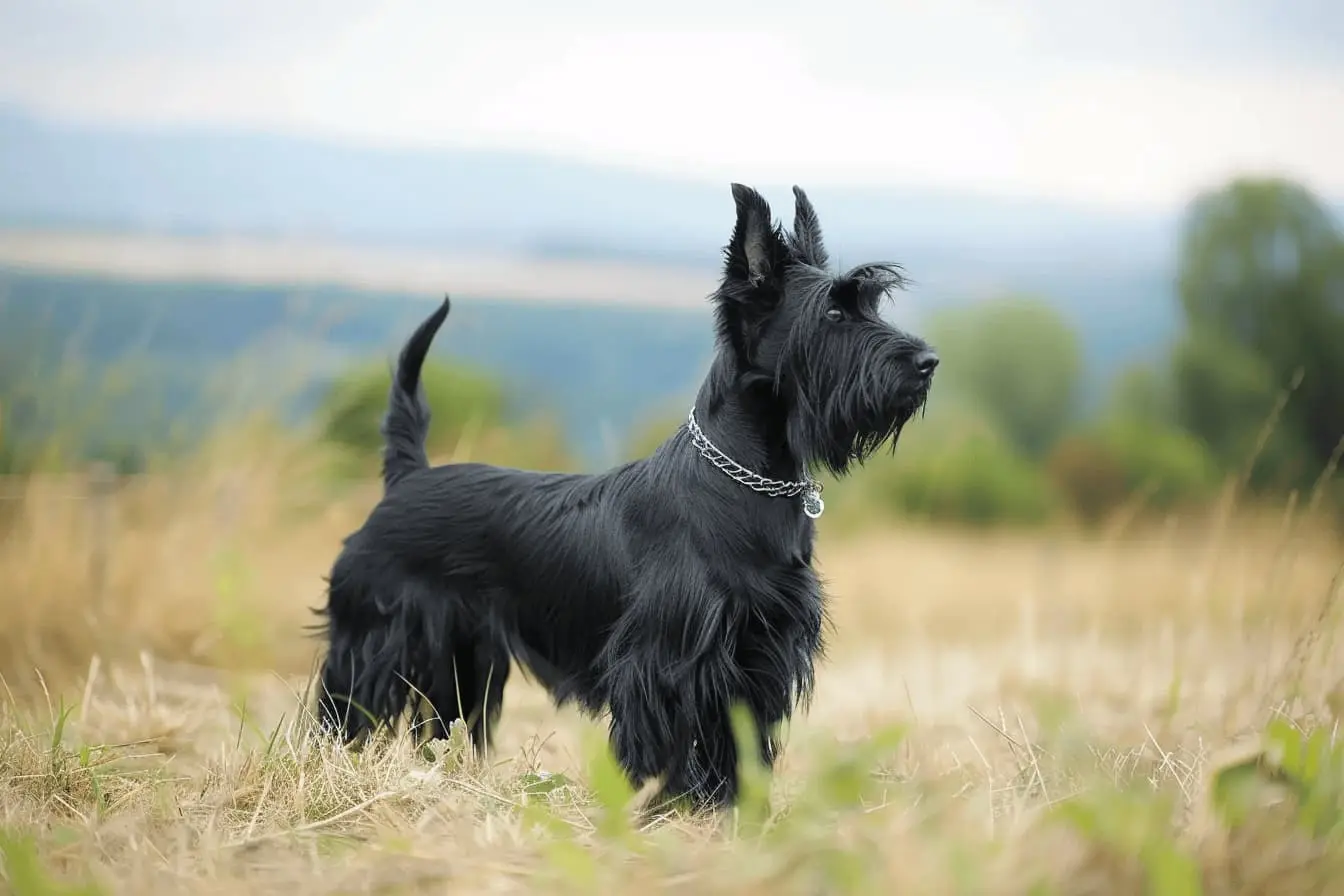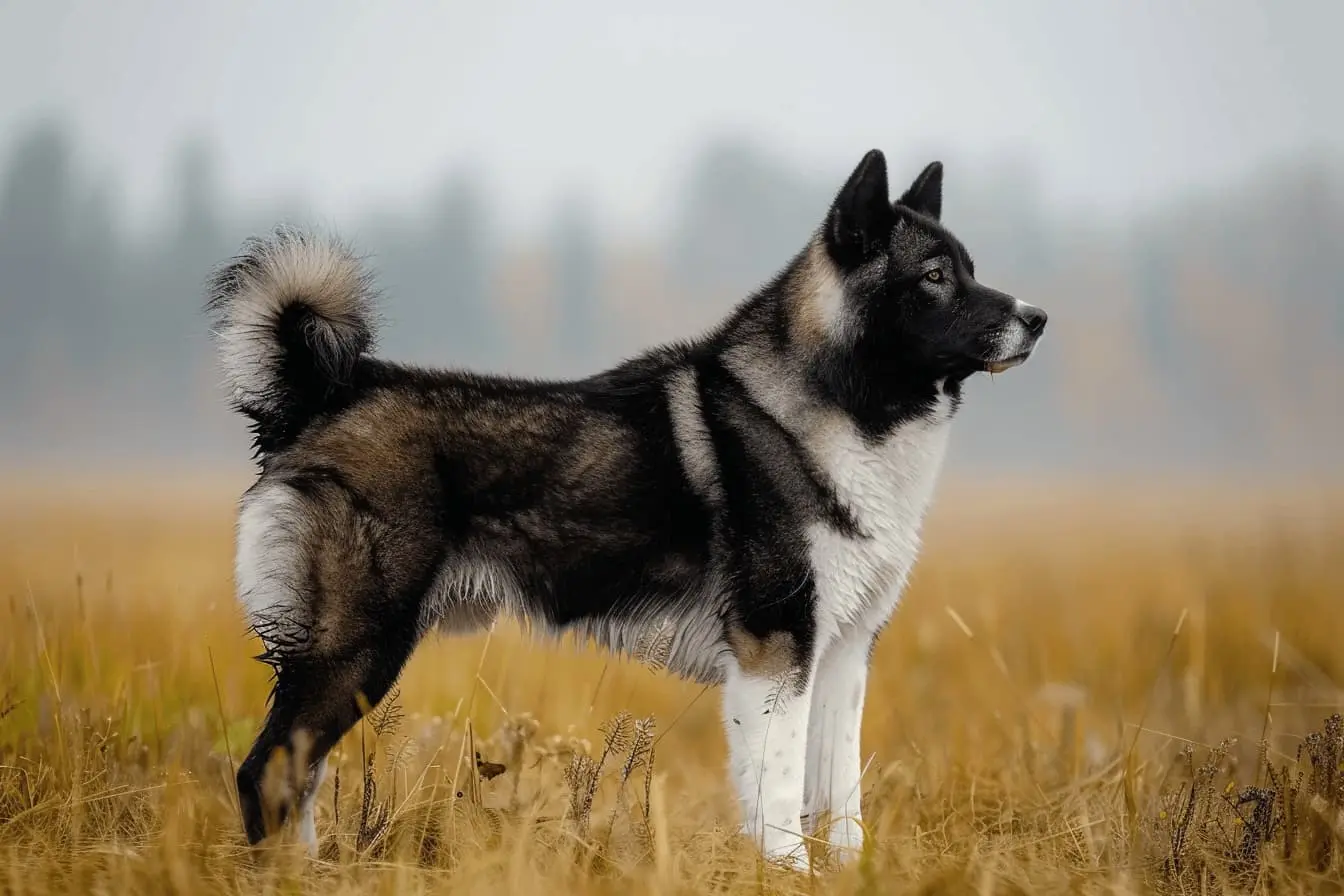
The Akita: A Noble Companion for the Right Owner
Embarking on the journey of dog ownership is a significant and rewarding endeavour, particularly when considering a breed as dignified and majestic as the Akita. Originally from Japan, Akitas are known for their loyalty, intelligence, and presence. However, they're not the ideal breed for everyone. This guide aims to provide prospective Akita owners with a comprehensive overview of the breed, covering temperament, care needs, and what to expect from life with an Akita.
Breed Overview
The Akita is a large and powerful breed with a noble and intimidating presence. They were originally bred for hunting large game such as bears in Japan and are divided into two varieties: the Japanese Akita and the American Akita. The breed is known for its loyalty and has been a symbol of good health, happiness, and long life in its native country.
Physical Characteristics
- Size: Akitas are large dogs, with males standing 26 to 28 inches at the shoulder and females slightly smaller. They typically weigh between 30 to 60 kg, with males being larger.
- Coat: They have a dense double coat that can handle very cold temperatures. The coat comes in various colors, including white, brindle, and pinto.
- Appearance: Akitas have a broad head, small eyes, and erect ears, contributing to their dignified expression. Their tail is large and curly, resting over the back.
Personality and Temperament
Akitas are renowned for their loyalty to their family, often forming strong bonds with their owners. They tend to be reserved and dignified, not barking without a good reason. However, their strong protective instincts mean they can be wary of strangers and other animals. This makes early socialisation and training paramount to ensure they grow into well-adjusted adults.
Despite their independent nature, Akitas crave companionship and time with their family. They are not suited to being left alone for long periods and can exhibit destructive behaviours if bored or neglected.
Exercise and Training
Akitas require regular exercise to maintain their health and happiness. A daily walk or play session in a securely fenced area is essential. They have a high prey drive, so off-leash exercise in an open area is not recommended.
Training an Akita can be challenging due to their intelligent and independent nature. They respond best to consistent, positive training methods. Firmness, patience, and respect are key in training this breed. Akitas respect leadership and are more likely to respond to commands from someone they view as a leader.
Health and Care
Akitas are generally healthy, but they can be prone to certain genetic conditions such as hip dysplasia, hypothyroidism, and autoimmune diseases. Regular veterinary check-ups and keeping them at a healthy weight can help prevent these issues.
Their thick coat requires regular grooming to reduce shedding and keep it in good condition. Weekly brushing is necessary, with more frequent grooming during their twice-yearly shedding periods. Other routine care includes dental hygiene and nail trimming.
Living with an Akita
Akitas are best suited to homes with secure, ample space where they can move freely. Their protective nature means they are excellent watchdogs, but this also means they may not be suitable for households with frequent visitors. Akitas can live peacefully with children and other pets if raised together, but their interactions should always be supervised due to their size and strength.
Is the Akita Right for You?
Owning an Akita requires a commitment to training, socialisation, and care. They are best suited for experienced dog owners who can provide the leadership and companionship this breed craves. If you're looking for a loyal, protective, and dignified companion and are prepared to meet their needs, an Akita may be the perfect dog for you.
However, if you have a busy lifestyle, small living space, or are a first-time dog owner, you might want to consider a different breed.
Conclusion
The Akita is a breed of unparalleled loyalty and beauty, suited to owners who can match their strength and spirit. They offer companionship like no other, asking in return for your time, love, and understanding. With the right care, training, and environment, an Akita can be more than just a pet; they can be a loyal friend and a noble protector for life.
Vets near you
Speciality vets
- Aquatics vet specialists
- Birds vet specialists
- Camelids vet specialists
- Cats vet specialists
- Cattle vet specialists
- Deer vet specialists
- Dogs vet specialists
- Equines vet specialists
- Exotic vet specialists
- Goats vet specialists
- Pigs vet specialists
- Poultry vet specialists
- Sheep vet specialists
- Small Mammals vet specialists
- Wild vet specialists
Vet facilities
- Accessible by public transport
- Blood testing
- Car park nearby
- Client car park
- Dentistry
- Diagnostic imaging
- Disabled public access
- Flea and worm treatments
- Microchipping
- Mobile services
- Neutering
- Open at weekends
- Out-of-hours service
- Referral interests
- Referrals only
- Street parking outside
- Toilets available
- Vaccinations
